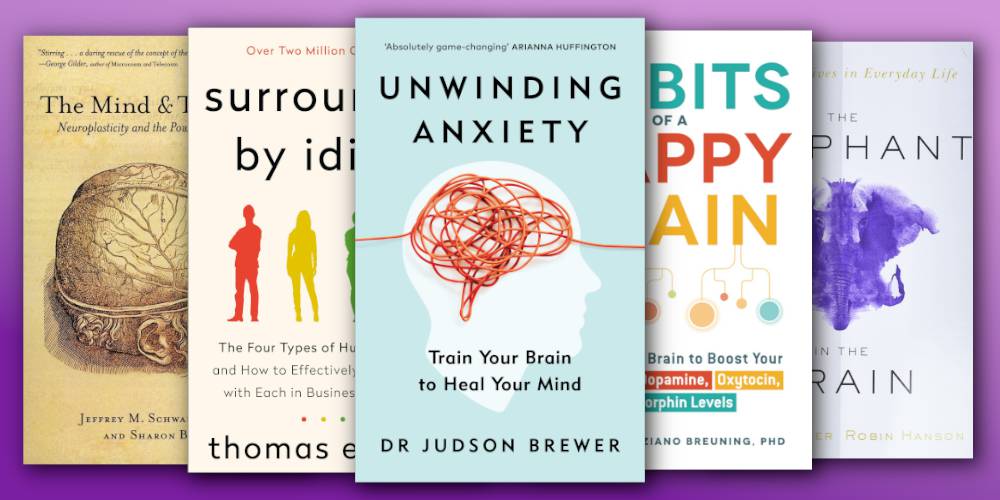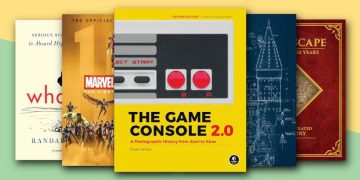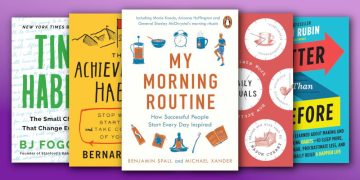Nonfiction books are a fantastic source for knowledge, self-discovery, and healing. The field of psychology is no exception!
If you're interested in how your brain works, how to feel better, how to talk to others and learn new skills, then grab a cup of tea and check out these influential works about our minds and our brains.
Here are my picks for the best books about psychology and the best books about the human brain that are worth reading.
15. Emotional Intelligence: Why It Can Matter More Than IQ
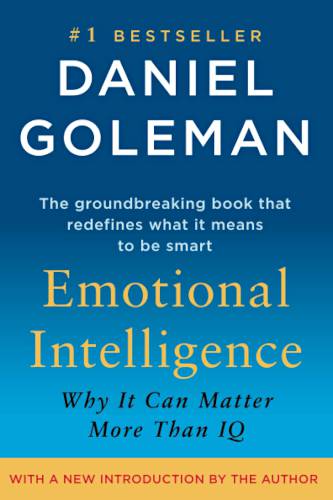
There's more than one kind of intelligence.
If you ever felt like you had important insights into how people are feeling, how to read the room, how to treat others well, how to perceive injustices, then you know you're intelligent in a different way.
The definition of IQ has evolved over the years, and the concept of "emotional intelligence" has radically redefined what is really means to be intelligent. Emotional Intelligence: Why It Can Matter More Than IQ explores this in a way that's digestible.
14. The Elephant in the Brain: Hidden Motives in Everyday Life
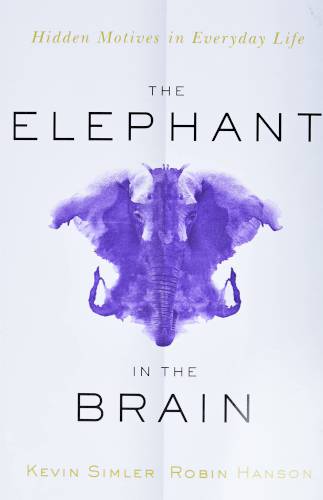
A software engineer and an economics professor wrote this book together—definitely not the kind of background you'd expect behind a psychology book! Yet, this is one of the most insightful publications concerning the brain and its characteristics.
This book is all about self-deception and hidden motives in human behavior. We all have dark corners in our psyches and this book aims to shed light on them to help us understand life a little better.
13. How Emotions Are Made: The Secret Life of the Brain
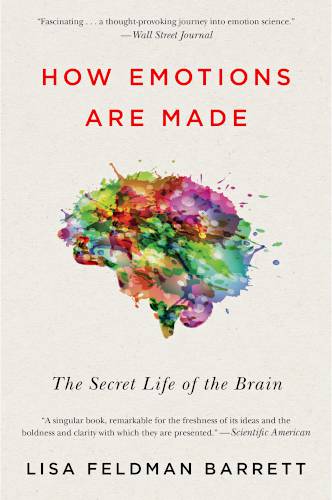
Emotions are as mysterious as they are ubiquitous. We might have an intuitive feeling about them, but we don't really know how they work—but research in this area is rapidly advancing and we can start to know more about our internal landscapes!
This is one of the most research-heavy books regarding emotions, and it makes it clear that there are still many questions still left to be answered. From how emotions affect disease to how you can make your children more emotionally intelligent, this book is insightful.
12. Minds Make Societies: How Cognition Explains the World Humans Create
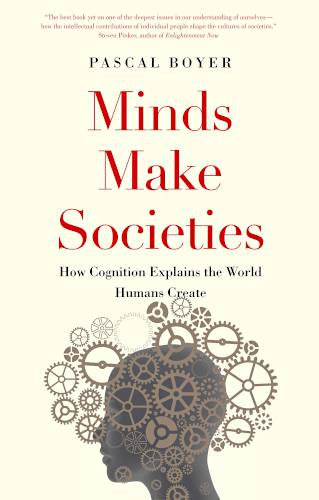
Through a clever integration of evolutionary biology, genetics, psychology, economics, and much more, Pascal Boyer investigates the development and working system of human societies. Fun!
By placing us within the complex systems of nature, Boyer explains that human systems should be explained and researched with the same methods and precision as any other natural phenomenon.
11. Stumbling on Happiness
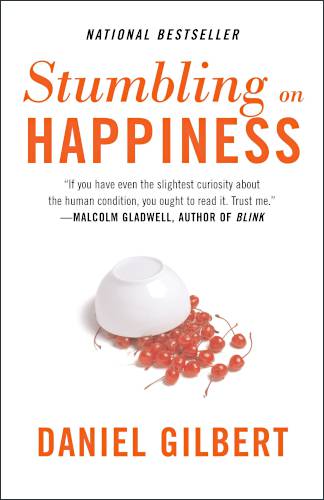
Did you know that warped perceptions and cognitive biases actually make us pretty bad at imagining our future realistically?
In Stumbling on Happiness, Dan Gilbert explains all the ways in which imagination fails to grasp the variables of the future. Indeed, our imagination adds and removes details while failing to conceive the fact that our futures quite resemble our pasts and presents.
Together with that, the book explains how things feel different once they happen. Simple and straight to the point, this book is an easy read for anyone who's interested in this topic.
10. Phantoms in the Brain: Probing the Mysteries of the Human Mind
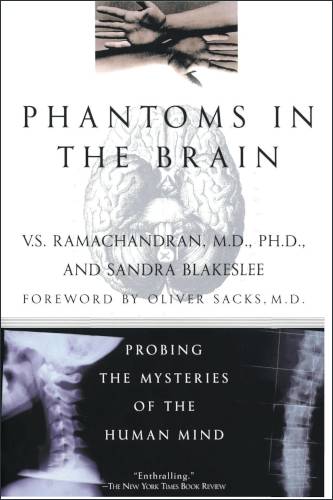
Authored by V. S. Ramachandran and Sandra Blakeslee
First published in 1998
352 pages — 4.26 on Goodreads
In Phantoms in the Brain, neurophysiology and neuropsychology are framed in an interesting way: they're seen as neurological disorders.
Through a series of patient cases, authors V. S. Ramachandran and Sandra Blakeslee debunk various mysteries about the brain.
Our dysmorphic body image, our fluctuating moods, our ability to make decisions, our tendency toward self-deception, our artistic skills—all of these are explored as we get to know more about "the self."
9. 30-Second Brain: The 50 Most Mind-Blowing Ideas in Neuroscience
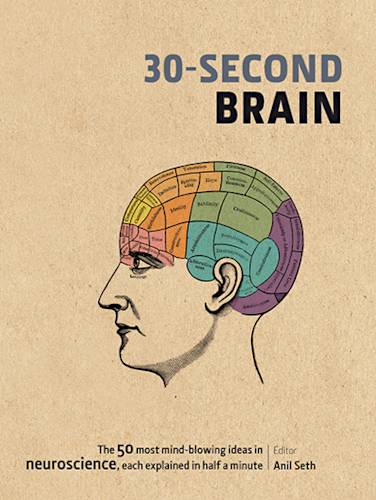
30-Second Brain is one of the most intriguing books out there. It breaks down 50 complex neuroscience concepts in simple terms, allowing you to digest each one within 30 seconds.
Exploring matters of cognition, perception, action, and emotions, this book answers questions like "Why don't we giggle when we tickle ourselves?" and "What does an MRI tell us?"
If you're embarking on a quest for knowledge, this book will be one of your best friends. It also makes for a great gift!
8. The Secret of Our Success: How Culture Is Driving Human Evolution
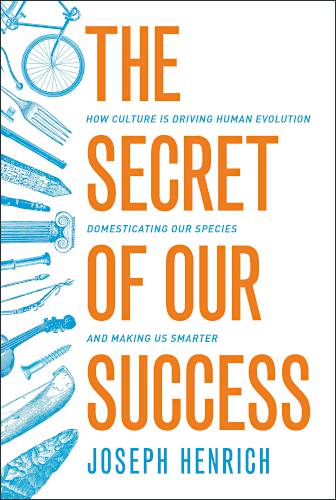
Evolution is one of life's mysteries. Many experts have probed and debunked different aspects of the process, so we're still not entirely sure how we got to where we are as a species.
The Secret of Our Success dives in the latter portion of human history, exploring the psychology of culture and how cultural learnings have shaped human evolution and contributed to our "success."
The book posits that our capacity to pass on information—like complex cultural practices—keeps us on an upward trajectory.
7. Surrounded by Idiots: The Four Types of Human Behavior
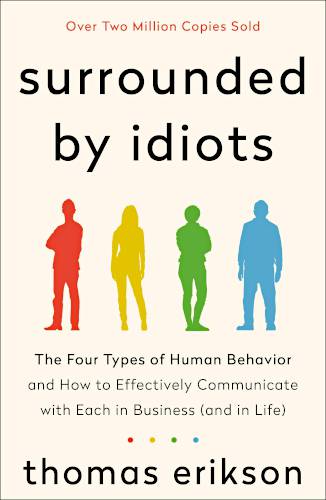
Surrounded by Idiots has a provocative title, but it's really an examination of our four main personality types and how each type can communicate with everyone else in the most effective ways possible.
Interacting with others can be challenging—we're never sure what someone thinks of us or how to best behave with others. Surrounded by Idiots is a helpful resource for navigating the world of human interactions in a way that's beneficial for all involved.
6. Thinking, Fast and Slow
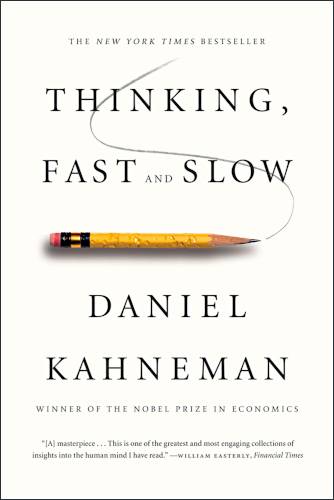
Psychologist Daniel Kahneman differentiates between two modes of thinking, which he calls "System 1" (fast-paced, instinctive, emotional) and "System 2" (slow, logical, rational).
We've all experienced both systems to some degree. And while each of us probably leans one way or the other, the truth is that neither system is concretely better than the other.
Thinking, Fast and Slow aims to define these systems, what their origins are, why they're both useful, and how they can best serve us. This book is a great resource if you want to know more about patterns of thought and how to master your own mind.
5. The Organized Mind: Thinking Straight in the Age of Information Overload
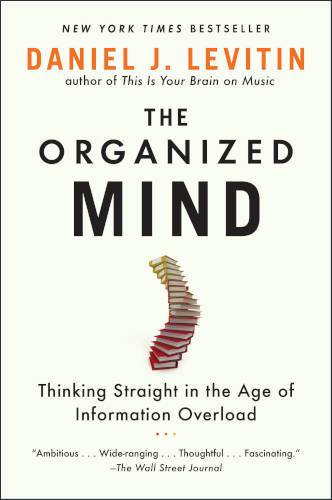
Are you overloaded by information? Yeah, we all are!
Rest assured, you're in good company. The Organized Mind is here to acknowledge this extremely modern phenomenon while offering several theoretical insights and practical solutions that might help you.
In this book, you'll learn how to make the most of your brain's daily processing abilities, about the addictive nature of social media, and why daydreaming is key to our day-to-day productivity.
4. The Mind and the Brain: Neuroplasticity and the Power of Mental Force
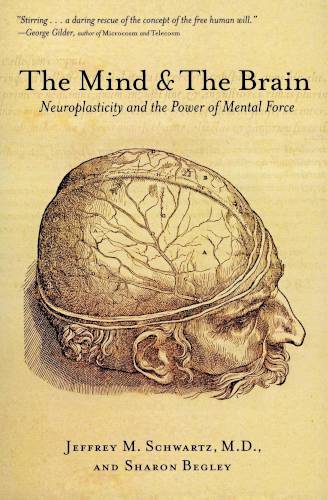
Authored by Jeffrey M. Schwartz and Sharon Begley
First published in 2001
432 pages — 4.10 on Goodreads
The Mind and the Brain is a scientific work that confirms the independent existence of the mind and the brain.
Authors Jeffrey M. Schwartz and Sharon Begley posit a groundbreaking argument: the mind has a life of its own and it can shape and control the way the brain functions.
This book engages with the possibility that we truly can control certain workings of the brain to improve our well-being and our lives in general. Meanwhile, you'll better understand your own mind (and brain) from multiple different angles.
3. How to Change Your Mind: The New Science of Psychedelics
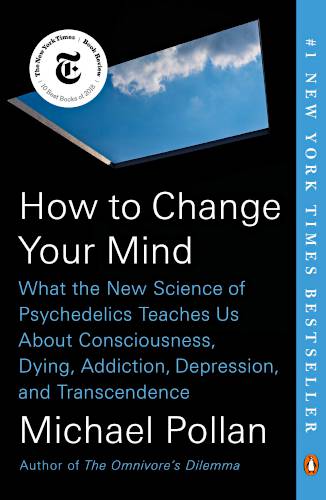
Now more than ever, society is amenable to the study of drugs and how they affect the human mind and body. Yet even so, psychedelic drugs remain somewhat taboo—and most only consider them as a recreational tool for slackers.
That's far from true. Psychedelics have been with us since the dawn of our species and they've been used by cultures around the world to help us connect with the earth, the invisible, and the truth.
For as new age as that sounds, modern science is now trying to understand psychedelic drugs and how they can be applied in healing ways. Learn more in How to Change Your Mind.
2. Unwinding Anxiety: New Science Shows How to Break the Cycles of Worry and Fear to Heal Your Mind
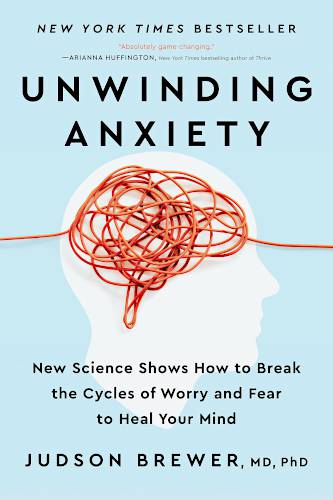
Many of us suffer from anxiety, which can impair judgment and social connections. It can affect the way we conduct our relationships, the way we live our lives, the way we view life itself.
There are all kinds of books about anxiety, how to confront it, and how to overcome it—this one might be the best of them.
Unwinding Anxiety gives practical advice for improving anxiety, letting go of fear, and living a better and happier life. It shows us that it's possible to train our brains into understanding things differently.
1. Habits of a Happy Brain: Retrain Your Brain to Boost Your Serotonin, Dopamine, Oxytocin, & Endorphin Levels
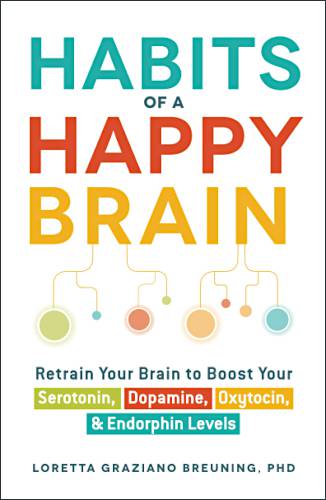
At the end of the day, happiness is all we really want, isn't it? Habits of a Happy Brain is a clear and to-the-point book that helps us understand the habits we truly need in order to be happy.
Because happiness isn't the abstract, unachievable concept that we've thought it was throughout human history. Happiness is actually quite simple and practical. It's grounded in healthy habits, healthy thoughts, and healthy pursuits.
Habits of a Happy Brain is an amazing book that teaches us how to retrain our brains into being truly happy, making it one of the best books about psychology and the brain.
